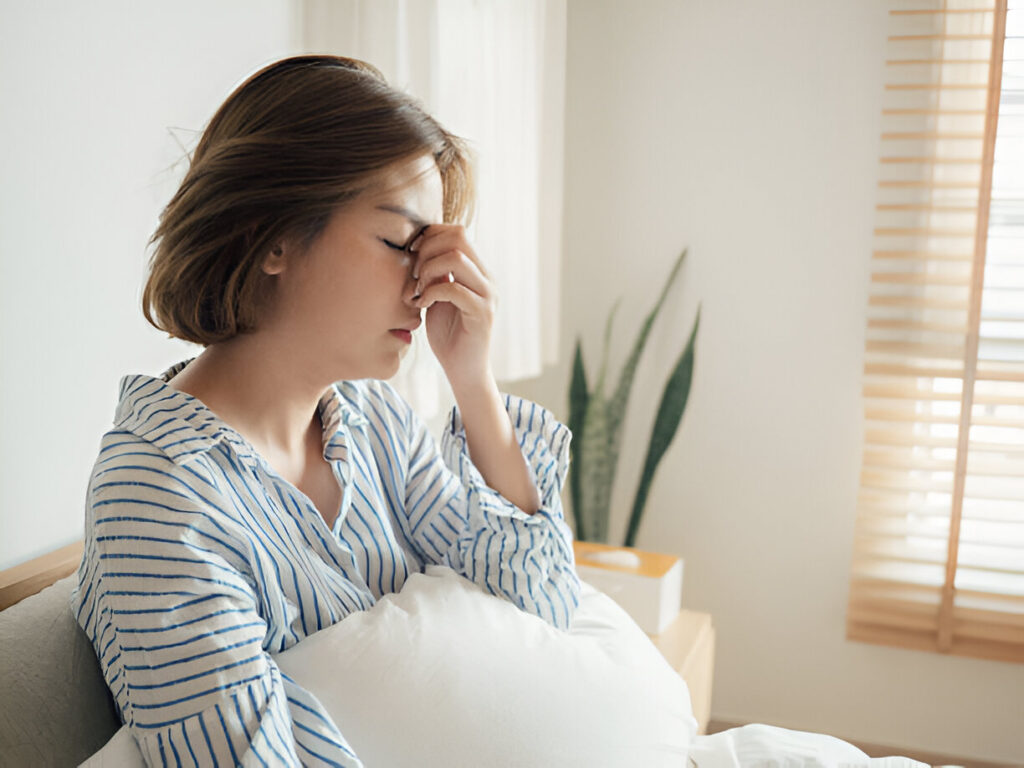
In our fast-paced modern world, quality sleep has become increasingly elusive. Recent studies from the Centers for Disease Control and Prevention reveal that one in three adults doesn’t get enough sleep. Yet, sleep is fundamental to our physical health, mental wellbeing, and overall quality of life. This comprehensive guide explores evidence-based sleep hygiene practices that can transform your night’s rest.
Understanding Sleep Hygiene: The Foundation of Restful Nights
Sleep hygiene encompasses the habits and practices necessary for quality nighttime sleep and full daytime alertness. According to the National Sleep Foundation, good sleep hygiene is essential for maintaining our circadian rhythm – the internal clock that regulates our sleep-wake cycle. Think of sleep hygiene as a set of daily habits that signal to your body it’s time to wind down and prepare for restorative rest.
Creating the Optimal Sleep Environment
Your bedroom environment plays a crucial role in sleep quality. The Mayo Clinic recommends maintaining a cool, quiet, and dark sleeping space. Ideal bedroom temperatures range between 60-67°F (15-19°C), as reported by Sleep.org. Consider these environmental modifications:
- Install blackout curtains or use a sleep mask to block out light
- Invest in a white noise machine or earplugs to minimize disruptive sounds
- Choose comfortable, breathable bedding materials
- Remove electronic devices or keep them far from your bed
The Power of Consistent Sleep Schedules
The American Academy of Sleep Medicine emphasizes the importance of maintaining consistent sleep and wake times, even on weekends. This regularity helps strengthen your circadian rhythm and improves sleep quality. Research published in the Journal of Clinical Sleep Medicine shows that irregular sleep patterns can lead to poor sleep quality and daytime fatigue.
Digital Detox: Managing Screen Time for Better Sleep
Blue light exposure from electronic devices can significantly impact your sleep quality. The Harvard Medical School reports that blue light suppresses melatonin production more powerfully than other light wavelengths. Implement these digital wellness strategies:
- Stop using electronic devices 1-2 hours before bedtime
- Enable night mode or blue light filters on necessary devices
- Keep smartphones and tablets out of the bedroom
- Read physical books instead of e-readers before bed
Nutrition and Sleep: The Crucial Connection
What you eat and drink can significantly impact your sleep quality. The Cleveland Clinic recommends avoiding large meals within two hours of bedtime. Additionally:
- Limit caffeine intake after 2 PM
- Avoid alcohol close to bedtime, as it disrupts sleep cycles
- Stay hydrated throughout the day, but reduce fluid intake before bed
- Consider sleep-promoting foods like cherries, nuts, and herbal teas
Exercise and Sleep: Finding the Right Balance
Regular physical activity can improve sleep quality, according to research from the Sleep Foundation. However, timing is crucial. The American Council on Exercise suggests completing vigorous workouts at least 3-4 hours before bedtime to allow your body temperature and heart rate to return to normal.
Stress Management and Relaxation Techniques
Mental health and sleep are intimately connected. The Anxiety and Depression Association of America reports that stress and anxiety are leading causes of sleep disturbances. Incorporate these relaxation practices:
- Practice mindfulness meditation before bed
- Try progressive muscle relaxation
- Use deep breathing exercises
- Consider gentle yoga or stretching
Creating a Pre-Sleep Ritual
Establishing a consistent bedtime routine signals to your body that it’s time to wind down. The World Sleep Society recommends a 30-60 minute routine that might include:
- Taking a warm bath or shower
- Practicing gentle stretches
- Writing in a journal
- Reading a calming book
- Listening to soothing music
When to Seek Professional Help
While improving sleep hygiene can resolve many sleep issues, some problems require professional intervention. The American Sleep Association recommends consulting a healthcare provider if you experience:
- Persistent difficulty falling or staying asleep
- Chronic daytime fatigue
- Loud snoring or gasping during sleep
- Regular morning headaches
- Inability to function during the day due to sleepiness
The Role of Naps in Sleep Hygiene
While naps can be beneficial, they need to be properly timed and limited in duration. According to Johns Hopkins Medicine, the ideal nap should last 20-30 minutes and be taken before 3 PM to avoid interfering with nighttime sleep.
Technology and Sleep Tracking
Modern technology can help monitor and improve sleep patterns. The National Institutes of Health suggests that sleep tracking can provide valuable insights into your sleep patterns, but shouldn’t become a source of stress or anxiety about sleep performance.
Long-Term Benefits of Good Sleep Hygiene
Maintaining good sleep hygiene offers numerous health benefits. Research from the World Health Organization links quality sleep to:
- Improved immune function
- Better cognitive performance
- Enhanced emotional regulation
- Reduced risk of chronic diseases
- Improved weight management
- Better cardiovascular health
Conclusion: Making Sleep a Priority
Implementing better sleep hygiene practices requires commitment and consistency. Remember that small, gradual changes can lead to significant improvements in sleep quality. Start by incorporating one or two new habits and build from there. Your future self will thank you for investing in better sleep habits today.
Remember to consult with healthcare professionals for personalized advice, especially if you have underlying health conditions or persistent sleep problems. Quality sleep isn’t a luxury – it’s a fundamental pillar of good health that deserves our attention and care.